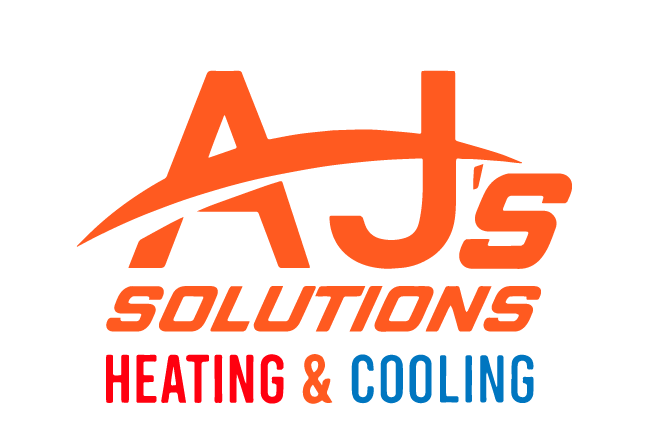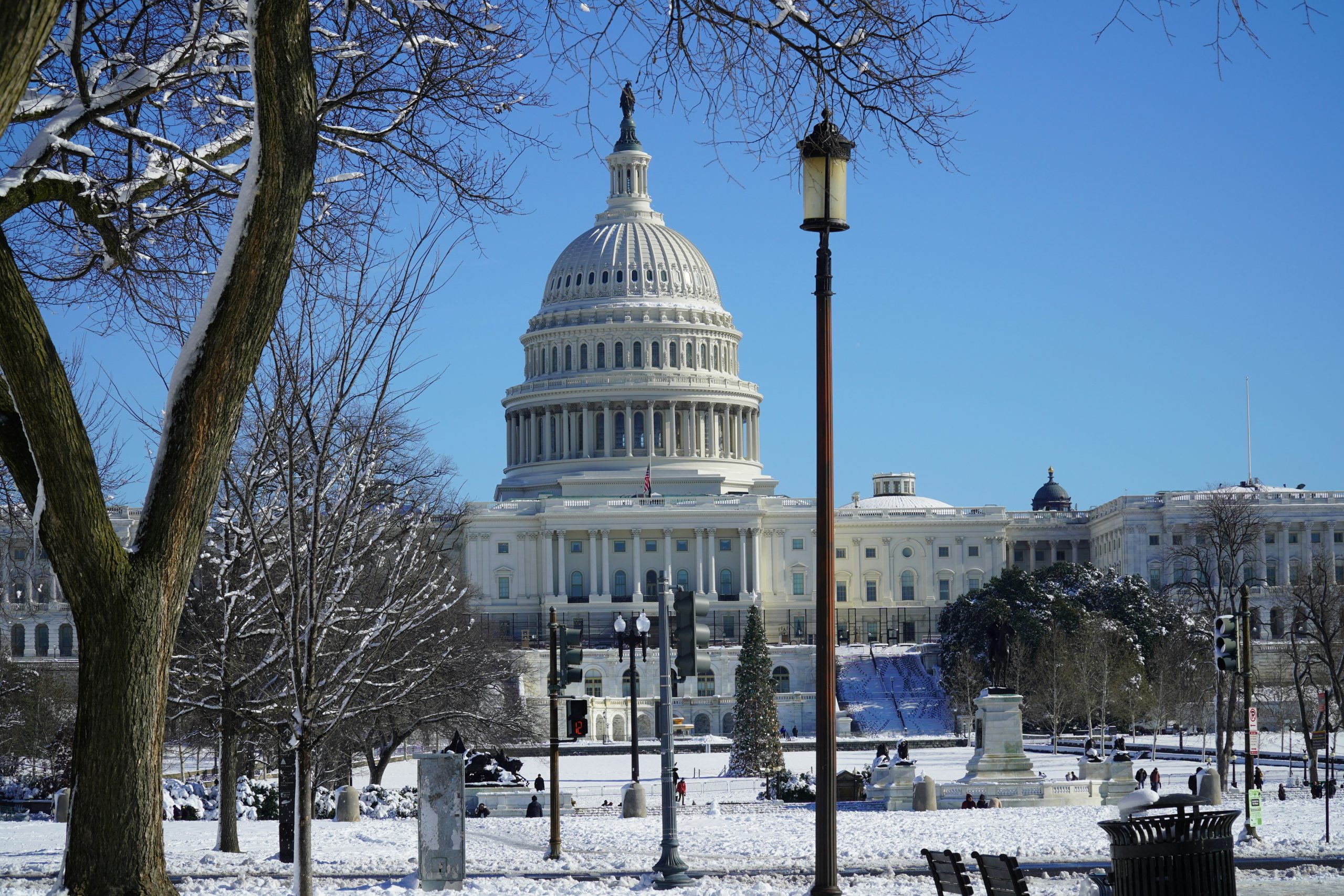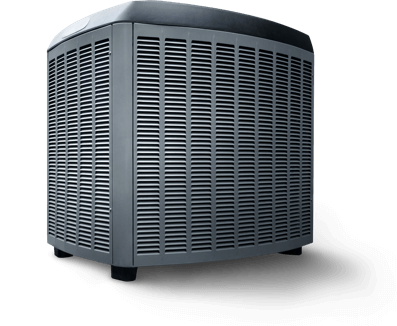Cold weather can strain even the most robust HVAC systems, leading to common issues that can disrupt operations and increase energy costs. In this blog post, we’ll explore five common winter HVAC problems in commercial buildings and provide practical tips to prevent them.
1. Frozen Coils
Frozen coils are a common issue during winter, particularly in areas with extreme cold. When HVAC coils freeze, it can reduce the system’s efficiency, cause airflow restrictions, and even lead to total system failure.
How to Prevent Frozen Coils:
- Regular Maintenance: Schedule routine inspections to ensure refrigerant levels are optimal and coils are clean.
- Proper Insulation: Insulate pipes and outdoor HVAC units to protect them from the cold.
- Monitor Airflow: Ensure that air filters are clean and ducts are clear to promote proper airflow and prevent freezing.
2. Poor Heating Distribution
In large commercial buildings, uneven heating is a frequent issue. Some areas may be too warm while others remain cold, making it difficult to maintain a comfortable environment for tenants or employees.
How to Avoid Poor Heating Distribution:
- Zone Control Systems: Invest in a zoning system that allows different areas of the building to be heated separately, ensuring more balanced distribution.
- Check Ductwork: Have your ductwork inspected to ensure there are no leaks or blockages that could be causing heat loss in certain areas.
- Smart Thermostats: Use smart thermostats to better control temperature settings in different zones and optimize energy use.
3. Frozen Pipes
Frozen pipes are a serious concern in winter, especially if the building’s HVAC system isn’t prepared for extreme cold. Frozen pipes can lead to costly repairs and significant water damage if they burst.
How to Prevent Frozen Pipes:
- Insulate Exposed Pipes: Insulate any pipes that are located in unheated or exposed areas of the building to prevent freezing.
- Monitor Temperature: Ensure that temperatures in unoccupied areas of the building don’t drop too low by setting thermostats at a minimum temperature.
- Run Water: During especially cold days, keep a small stream of water running to help prevent pipes from freezing.
4. Malfunctioning Heat Pumps
Heat pumps can struggle to operate efficiently during colder months, especially if they are not designed to handle extreme temperatures. This can result in inefficient heating or system breakdowns.
How to Maintain Heat Pump Efficiency:
- Use Cold-Weather Heat Pumps: Install heat pumps that are specifically designed to work efficiently in cold climates.
- Regular Maintenance: Schedule routine checks to ensure heat pumps are operating correctly, with clean coils and proper refrigerant levels.
- Supplemental Heat Sources: In areas with extreme cold, consider adding a supplemental heating system to help the heat pump when temperatures drop too low.
5. Overworked Systems Leading to Breakdowns
During winter, commercial HVAC systems are often running continuously to maintain comfortable indoor temperatures. This can cause wear and tear, leading to unexpected breakdowns and costly repairs.
How to Prevent System Overload:
- Routine Inspections: Schedule regular maintenance and inspections to identify potential issues before they become major problems.
- Programmable Thermostats: Use programmable or smart thermostats to reduce HVAC usage during off-hours or in unoccupied areas of the building.
- Upgrade Older Systems: If your HVAC system is aging, consider upgrading to a more energy-efficient model that can handle the demands of a commercial building in winter.
Be Proactive with Your Winter HVAC Maintenance
Winter HVAC issues can be costly and disruptive to commercial properties. By taking a proactive approach to maintenance and addressing common problems like frozen coils, poor heating distribution, and frozen pipes, you can keep your building comfortable, energy-efficient, and avoid unexpected breakdowns. At AJ Solutions, we offer comprehensive HVAC services tailored to commercial properties, ensuring your system is winter-ready.


